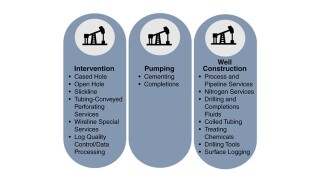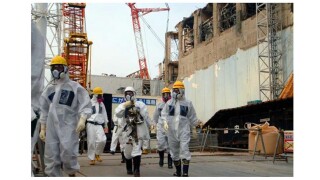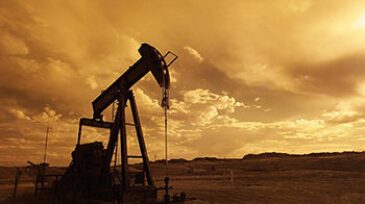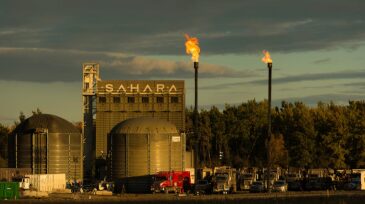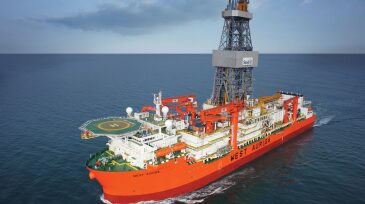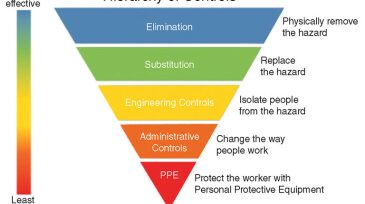Health
This paper examines how real-time monitoring can improve both incident prevention and emergency response in the oil and gas industry. Drawing from real-world examples and case studies, it provides practical strategies for implementing this technology effectively.
This paper describes a risk-based self-verification process conducted through a bespoke software application.
This paper discusses and demonstrates the limitations of quantitative risk assessment (QRA) with respect to the usefulness of the concept in managing day-to-day and emerging risks as well as the effect of change.
-
The National Institute for Occupational Safety and Health has developed an evidence-based method that uses the criteria of "burden," "need," and "impact" to identify research priorities.
-
An examination of studies on air pollutants associated with oil and gas extraction finds that measurements near operational sites have generally failed to mark levels above standard health benchmarks; yet, many studies find poor health outcomes increasing as distance from these operations decreases.
-
In both developed and developing countries, noise is regarded as the most common occupational hazard in various industries. The present study aimed to examine the effect of sound pressure level on serum cortisol concentration in three different times during the night shift.
-
"I have some patients whose symptoms I can’t explain," physician Ulrike Meyer said, describing nosebleeds, rare cancers, and respiratory illness among a dearth of data.
-
A partnership between ConocoPhillips, Marathon Oil, and XTO Energy has resulted in the opening of a new clinic catering to the safety and health of oil and gas employees in Carlsbad, New Mexico.
-
Seadrill has announced implementation throughout its fleet of a health program designed for employees before they leave for work on one of the company’s rigs.
-
Organizational resilience is an enterprise’s capability to respond rapidly to unforeseen challenges, even chaotic disruption. It is the ability to bounce back with speed and effectiveness. This paper describes how inherent and adaptive resilience were addressed in the response to Hurricane Harvey.
-
Recommended Practice 54, "Occupational Safety and Health for Oil and Gas Well Drilling and Servicing Operations," provides procedures for promoting and maintaining safe and healthy working conditions for personnel in drilling and well servicing operations.
-
Workers in specific settings and activities are at increased risk for certain infectious diseases. When an infectious disease case occurs in a worker, investigators need to understand the mechanisms of disease propagation in the workplace.
-
Occupational diseases of employees can have a significant impact on workplace productivity and exact an unmeasurable emotional and financial toll on the workers and their families. It is important to design programs that will put the workplace on a journey toward prevention of diseases.


